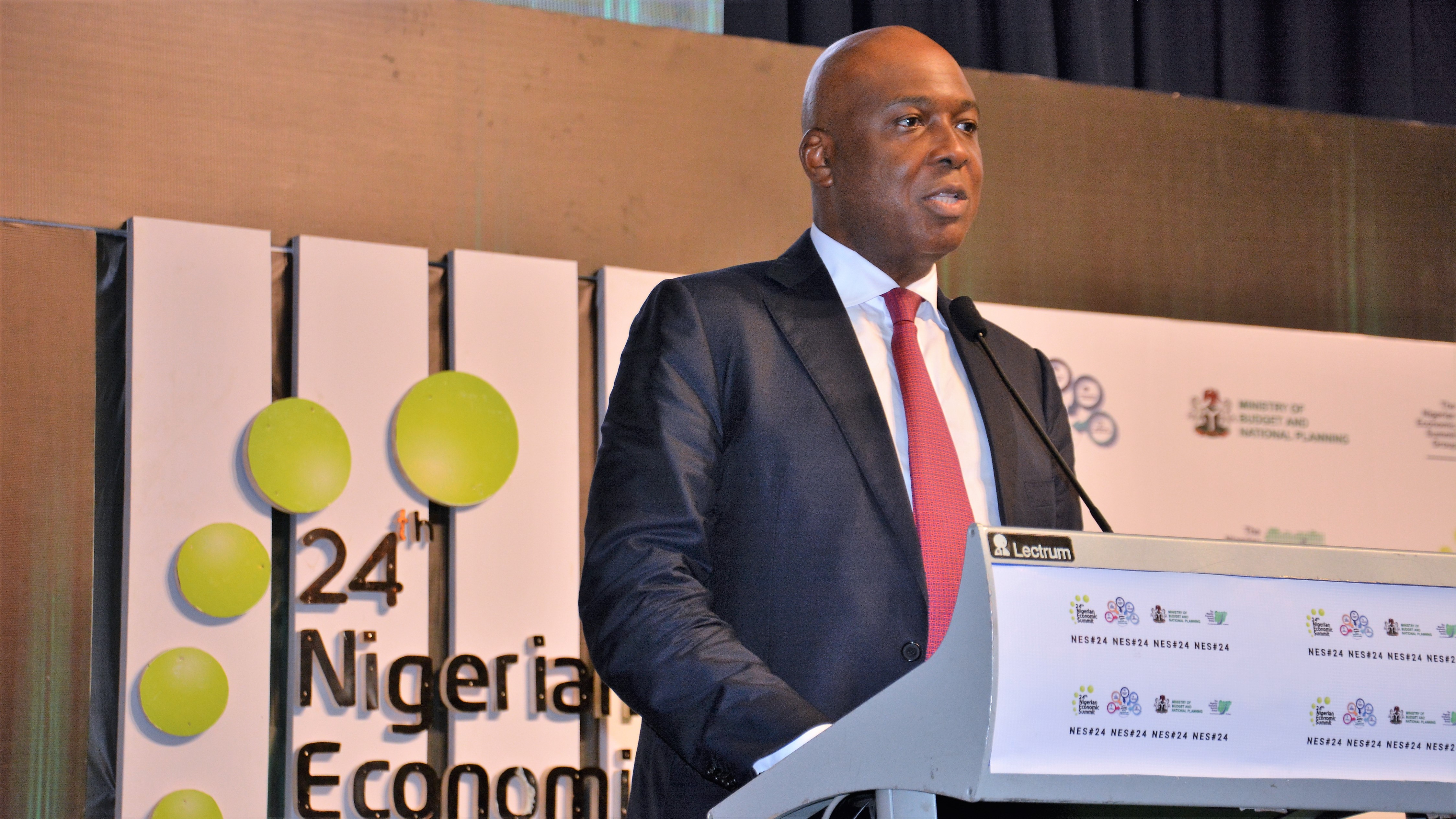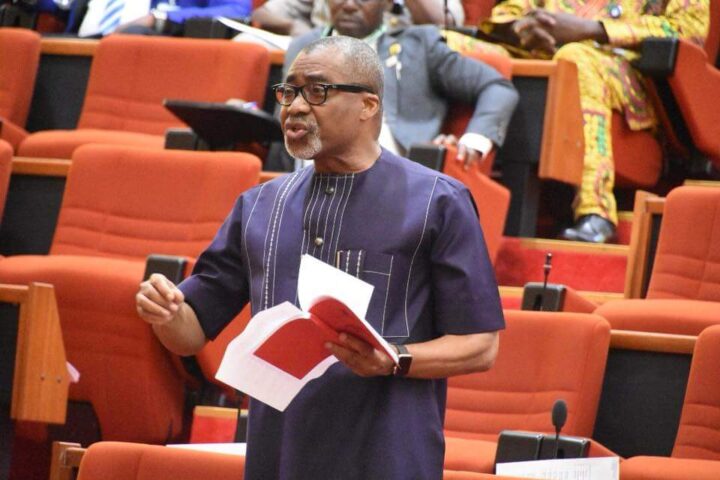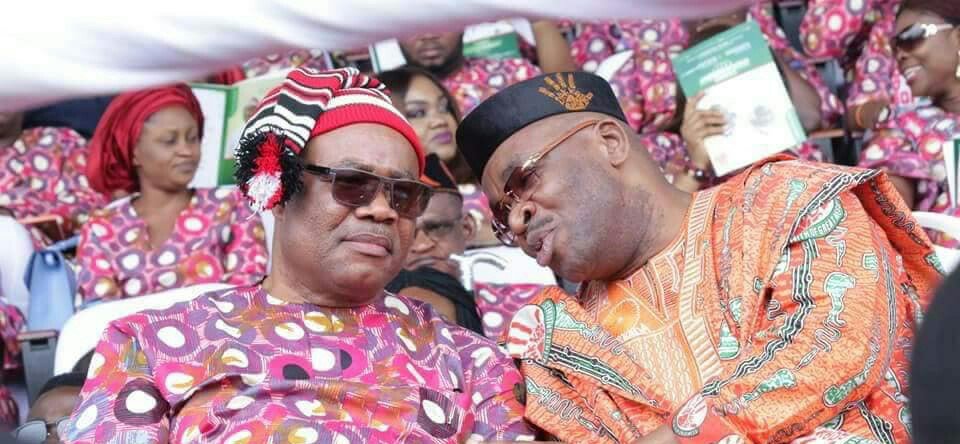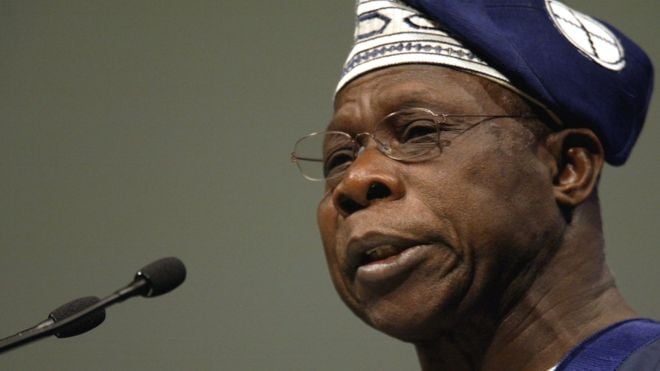“Every Child Counts” education policy which the federal government “unveiled” on Monday was introduced when Senate President Bukola Saraki governed Kwara state.
Saraki was Kwara governor between 2003 and 2011.
While making public a national draft policy on inclusive education in Nigeria, Anne Okonkwo, director, Basic and Secondary Education, said it was produced by the ministry in collaboration with Education Sector Support Programme in Nigeria (ESSPIN) and other stakeholders.
The director said the federal government was set to put in place modalities that would ensure that more children enrol in schools thereby reducing the teeming population of the out-of-school children in the country.
Advertisement
Vice-President Yemi Osinbajo later announced the policy at an event in Lagos.
In a statement on Wednesday, Laolu Akande, senior special assistant to the vice-president on media and publicity, said the vice-president spoke of it at the 60th anniversary of Grange School, Lagos, on Tuesday.
But checks have shown that the original idea is Saraki’s.
Advertisement
“Every Child Counts is the name given to a series of public school education reforms in Kwara, Nigeria,” reads a Wikipedia page of the project.
“In a bid to resuscitate public education in its state, the Kwara State Government under the leadership of Governor Bukola Sarakiintroduced a package of extensive reforms in the education sector. These reforms are also called the Education Charter for Kwara State, and were designed to put children at the heart of education in the state.”
The policy, which has now been repackaged by the current administration, seeks to provide quality education in public schools by ensuring an improvement in teaching quality; setting and maintaining quality assurance standards for each school; improving the capacity of Colleges of Education to produce quality teachers; and building strong educational institutions in the state through the development of the ministry of education, the Teaching Service Commission and strengthening the State Education Management Information System (EMIS).
Advertisement




